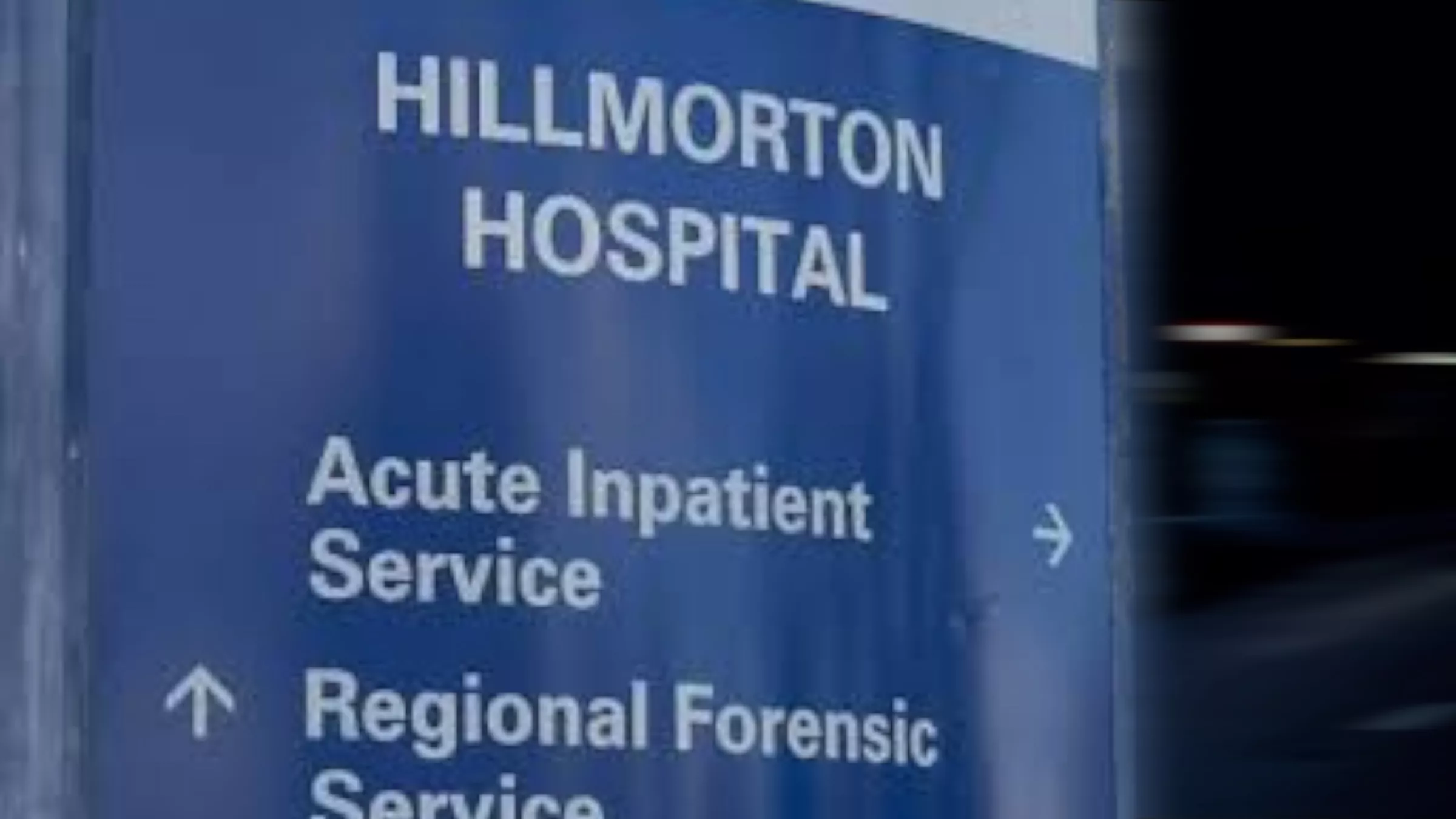Escaped youth tracked by Eagle helicopter, found hiding in New Brighton
The young person who escaped from a youth justice facility in Rolleston has been located...

Canterbury’s mental health services have been found to have significant failings in governance, care, and resourcing in a damning Ministry of Health review triggered by two homicides committed by patients under the care of Hillmorton Hospital.
An urgent Section 99 review of mental health services was launched in 2022 after Hillmorton Hospital patient Zakariye Hussein fatally stabbed 53-year-old Laisa Waka outside her Christchurch home while on approved community leave.
In a separate case last October, another Hillmorton patient, Elliot Cameron, killed 83-year-old Faye Phelps in her garden.
While the specific circumstances of each case were investigated separately by Health New Zealand, Dr Crawshaw’s report identified deep systemic problems that put both patients and the wider public at risk.
The report makes 18 recommendations targeting urgent improvements in leadership cooperation, staffing, care models, and risk management.
It warns that without stronger governance and better planning, frontline staff cannot deliver the level of care required to prevent such tragedies.
Among the changes already implemented are stricter patient leave protocols, a revised safety and risk assessment framework, an amended missing person policy, and improved clinical record systems. From next week, all leave requests for certain Hillmorton forensic patients will require final sign-off by the Director of Mental Health.
Health New Zealand has accepted all the report’s findings.
National Director of Mental Health and Addictions Phil Grady admitted the organisation’s failings, offered an apology to the victims’ families, and pledged to implement all recommendations in full.
“We are deeply sorry for the failings in our systems. We recognise the loss and grief these families have and continue to experience,” Grady said.
Since 2022, Health New Zealand has increased clinical staffing by 11 percent, introduced a clinical governance framework, and established weekly audits of patient leave decisions. Further measures include regional planning, improved information flow, upgraded facilities, and increased staff training.
Grady said the Section 99 review had been deeply challenging for staff, who were also affected by the two recent tragedies.
“This is about staff welfare as much as it is about service improvement. The people working in our mental health system need to be able to feel supported and able to do their best every day,” he said.
Grady, who met with staff alongside Dr John Crawshaw, said it was important to hear their concerns directly and give assurances that leadership would remain engaged throughout the improvement process.
“We will stay connected with staff as we work through these changes. It is about ensuring resources are available on the ground, and that the right structures are in place to support them. We already have services like EAP and counselling available, and the teams here in Canterbury have a strong culture of supporting each other. It’s the Canterbury way, coming together in difficult times,” he said.
Grady acknowledged there was still work to be done and said additional support options were being considered. He also paid tribute to the families impacted by the two homicides, describing one family he met with as “incredible and courageous.”
“We acknowledge the work ahead of us, but I also want to recognise the incredible effort of staff, not just here in Canterbury, but across the country, who work tirelessly to deliver the best care they can for people with mental health challenges,” he said.
The Ministry of Health will continue monitoring Canterbury’s mental health services for the next 12 months to ensure the promised reforms are carried out.


